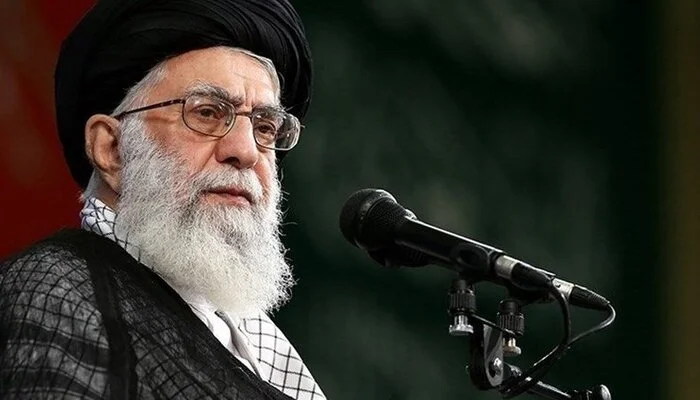In a shocking admission, Israeli Defence Minister Israel Katz has revealed that Tel Aviv actively tried to assassinate Iran’s Supreme Leader Ayatollah Ali Khamenei during the recent war — but was unable to find a viable opportunity. The comments, made during a televised interview, have drawn global attention and escalated tensions following the fragile ceasefire between the two long-time enemies.
“We tried,” Katz said. “But we couldn’t find the opportunity.” His blunt acknowledgment marks one of the most direct confessions from a top Israeli official regarding targeted operations against Iran’s leadership.
GHF Staff Could Face War Crimes Charges Over Gaza Aid Deaths, Warns Rights Lawyer
While Israel has previously conducted assassinations of Iranian military and nuclear figures, including Qassem Soleimani and Mohsen Fakhrizadeh, an open declaration of intent to eliminate Iran’s head of state takes the conflict into a far more dangerous zone.
Iran Says Threat Still Looms
In response, Iranian authorities issued a stern warning, stating they believe Israel may still be planning to assassinate Khamenei, even after the recent 12-day war ended in a shaky ceasefire.
A senior official from Iran’s security council said, “The Zionist regime’s admission only confirms what we already knew — that their aim is not just tactical strikes, but regime change through assassination. Even now, we have intelligence suggesting they are still seeking to strike.”
Tehran has stepped up security around the Supreme Leader and key state institutions, with internal agencies reportedly working round-the-clock to preempt any covert Israeli operation. Iranian media has framed Katz’s statement as proof of Israel’s “terrorist mindset” and called on the international community to condemn the assassination attempt.
Global Reactions and Rising Risks
Katz’s remarks have stunned diplomatic observers. Analysts say such a direct statement is rare — and dangerous — particularly given how assassination plots are usually kept under wraps due to international law implications.
While the United Nations and major Western powers have not yet formally reacted to Katz’s admission, some human rights groups have voiced concern. “An open attempt to assassinate a nation’s highest religious and political leader is a flagrant violation of international law,” said a spokesperson from Human Rights Watch.
The statement also risks reigniting hostilities. Iran has previously vowed “massive retaliation” if any harm comes to its Supreme Leader. In the current climate — with a ceasefire barely holding and the region on edge — such provocations could tip the balance back toward open conflict.
Observers warn that if either side takes further unilateral action, the Middle East could plunge into another round of deadly escalation. For now, Katz’s words serve as a chilling reminder of just how close the region came to all-out war — and how fragile peace remains.
Follow us on Instagram, YouTube, Facebook,, X and TikTok for latest updates
